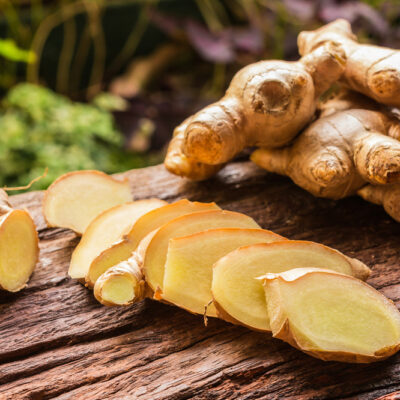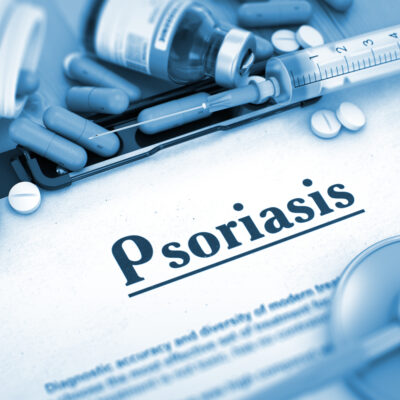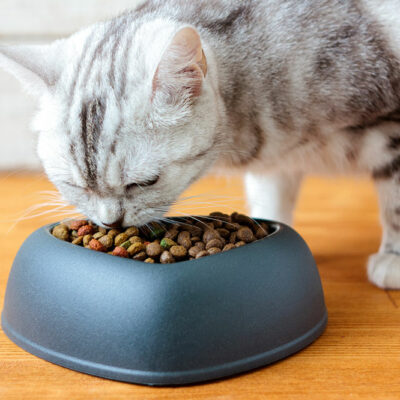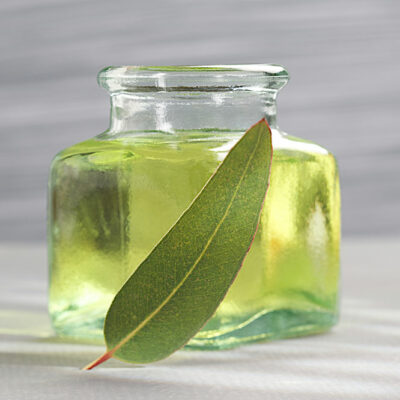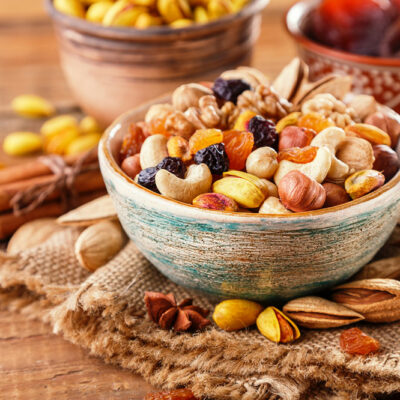
Food
8 Triggers of Ulcerative Colitis to Stay Away From
Ulcerative colitis is a part of a group of diseases termed Inflammatory Bowel Diseases (IBD). When a person has ulcerative colitis, the inflammation starts in the rectum and gradually proceeds to the large intestine. Ulcerative colitis also causes ulcers in the inner lining of the large intestine. Once affected by ulcerative colitis, one would feel the urge to pass bowels all the time, even when they cannot. Along with inflammation, if there are ulcers, the intestines can no longer absorb water from the waste material that passes through them. As a result, water is drained along with stools, causing diarrhea. There will also be a lot of mucus in the stool. The ulcers can also cause bleeding and slowly lead to anemia. With no cure yet in sight for ulcerative colitis, timely treatment, medication, diet, and lifestyle changes can help patients manage this debilitating condition. Since there is no proof that food can cause ulcerative colitis, the best way forward is to avoid any food triggers that can trigger ulcerative colitis. Top trigger foods of ulcerative colitis: 1. Spicy food Most might not add chili and spice directly while cooking; however, there is a considerable amount of hidden spices in readymade condiments and sauces.
Read More 